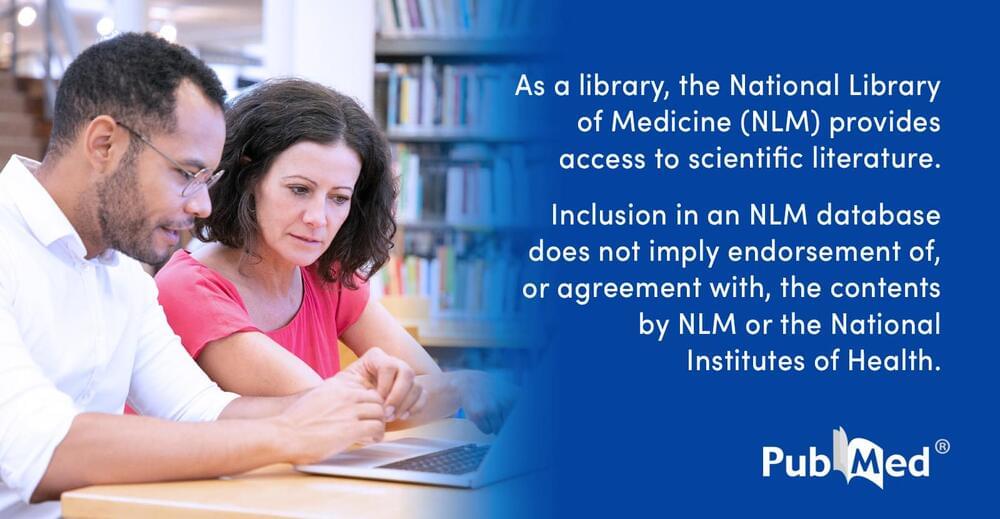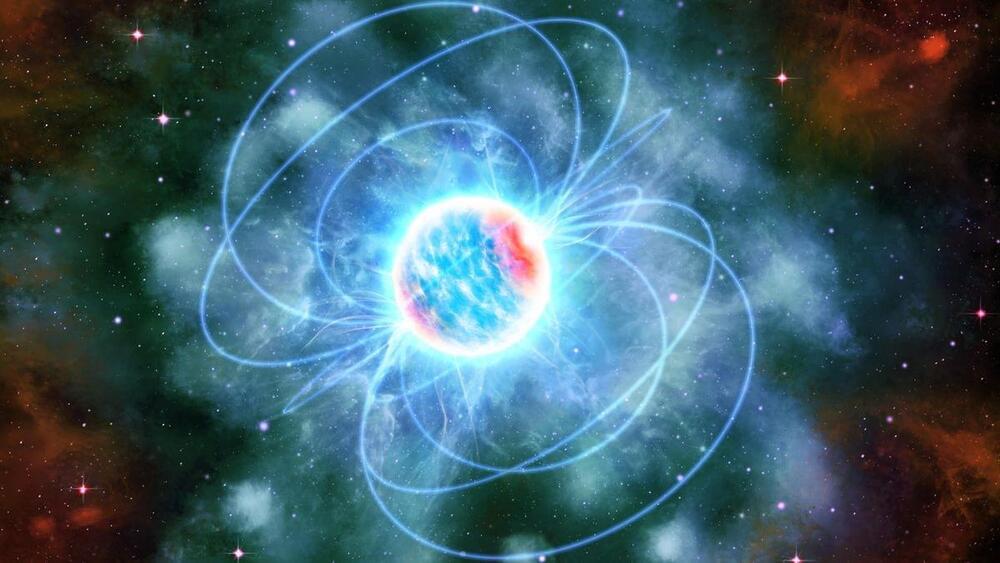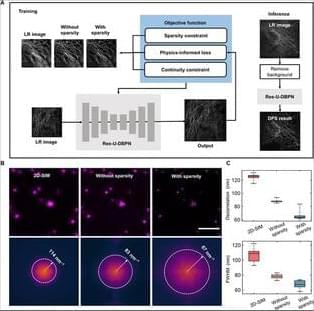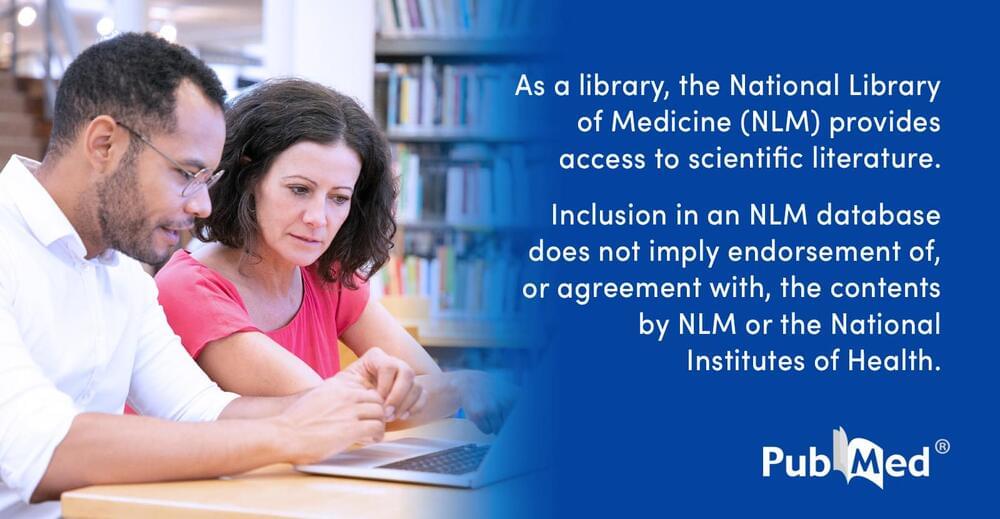Memristors have recently attracted significant interest due to their applicability as promising building blocks of neuromorphic computing and electronic systems. The dynamic reconfiguration of memristors, which is based on the history of applied electrical stimuli, can mimic both essential analog synaptic and neuronal functionalities. These can be utilized as the node and terminal devices in an artificial neural network. Consequently, the ability to understand, control, and utilize fundamental switching principles and various types of device architectures of the memristor is necessary for achieving memristor-based neuromorphic hardware systems. Herein, a wide range of memristors and memristive-related devices for artificial synapses and neurons is highlighted. The device structures, switching principles, and the applications of essential synaptic and neuronal functionalities are sequentially presented. Moreover, recent advances in memristive artificial neural networks and their hardware implementations are introduced along with an overview of the various learning algorithms. Finally, the main challenges of the memristive synapses and neurons toward high-performance and energy-efficient neuromorphic computing are briefly discussed. This progress report aims to be an insightful guide for the research on memristors and neuromorphic-based computing.
Keywords: artificial neural networks; artificial neurons; artificial synapses; memristive electronic devices; memristors; neuromorphic electronics.
© 2020 Wiley-VCH GmbH.





